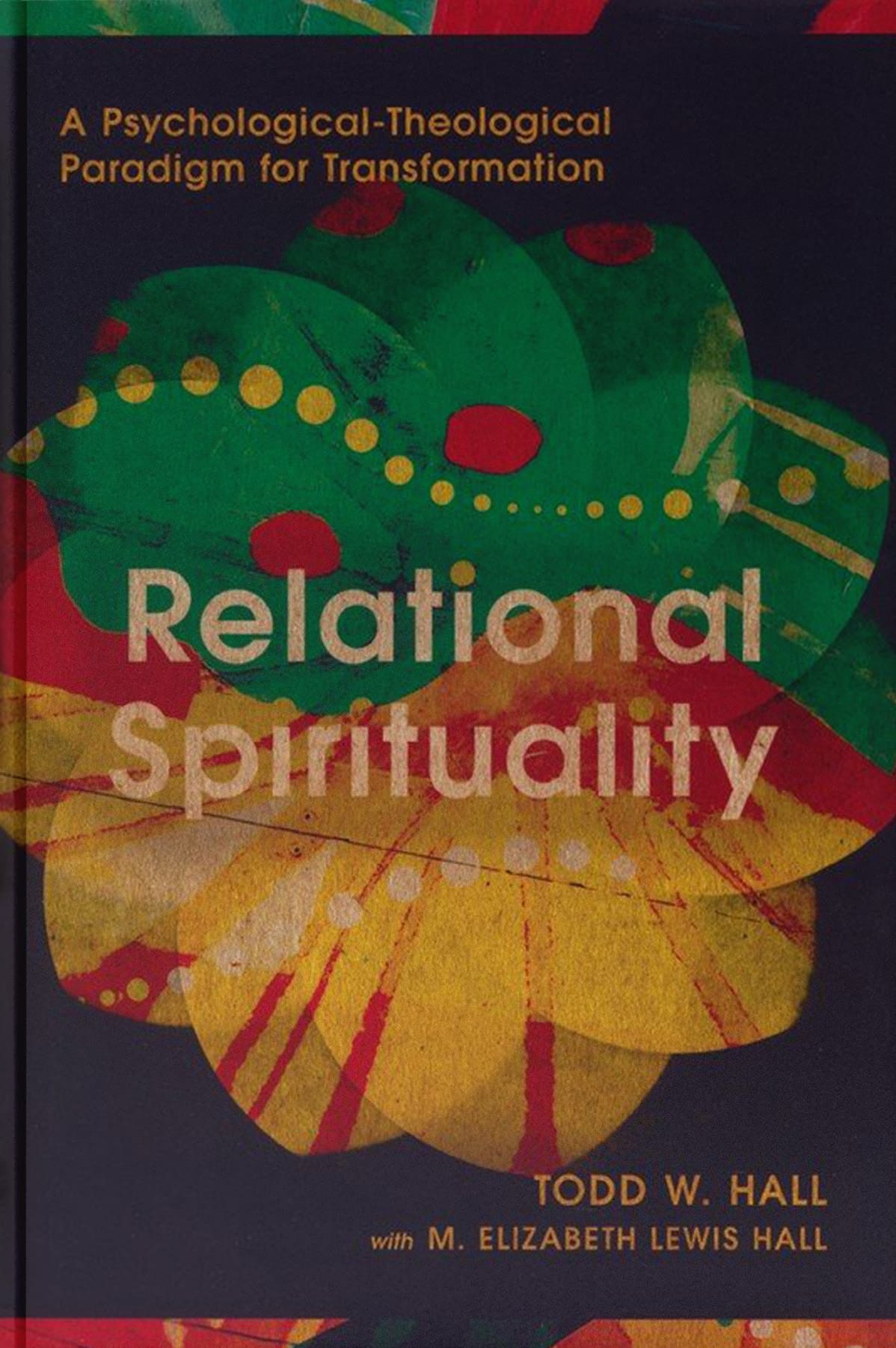Relational Spirituality: A Psychological-Theological Paradigm for Transformation
In Relational Spirituality, Hall and Hall present a definitive model of spiritual transformation based on a relational paradigm. At its heart is the truth that human beings are fundamentally relational—we develop, heal, and grow through relationships. While many sanctification models are fragmented, individualistic, and lack a clear process for change, the relational paradigm paints a coherent picture of both process and goal, supported by both ancient wisdom and cutting-edge research. Integrating insights from psychology and theology, this book lays out the basis for relational spiritual transformation and how it works practically in the context of relationships and community.

